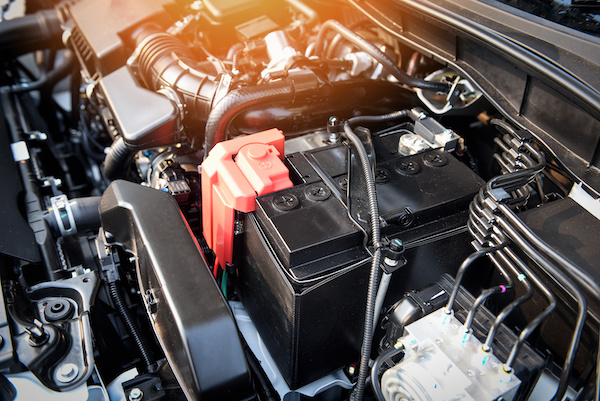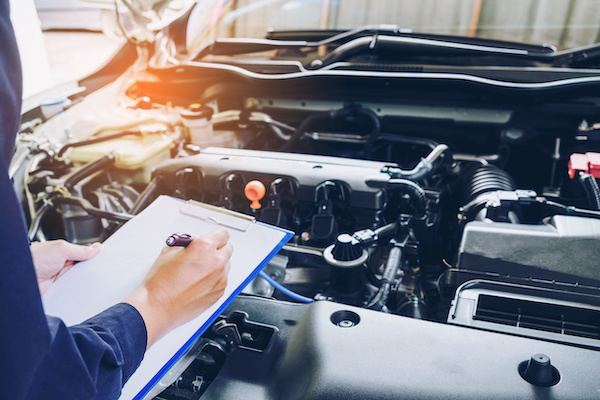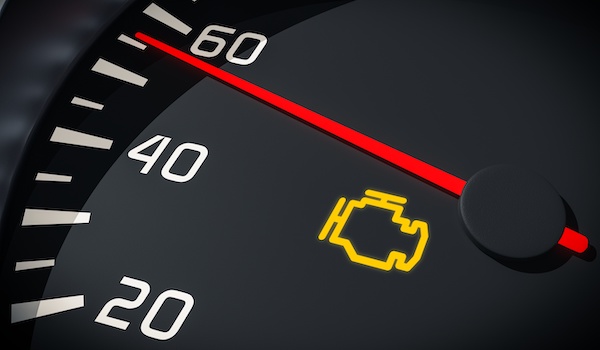Posted on 7/27/2022
.jpeg)
Brake rotors are necessary because they spin with the wheels and stop them when the brake pads press against them. The brake rotors generate a lot of heat during the braking process, which needs to dissipate quickly so that the brake pads can be pressed down again. This intense heat can cause the surface of the brake rotors to warp over time, a phenomenon known as warping. This can cause your vehicle's brakes to become less effective and jittery. Why Do Brake Rotors Warp? Brake rotor warping is not as bad as it sounds. Actually, warping is an uneven surface caused primarily by heat. Warping of brake rotors can occur in the following ways: The brake pad material has the potential to glaze the brake rotors. This occurs when the brake pads become extremely hot, allowing material to fall onto the brake rotors. As a result, the surface of the brake rotor becomes uneven, reducing the overall effectiveness of the brakes. Furthermore, the surface of the rotor can deteriorate, and certa ... read more
Posted on 6/28/2022

When your car battery starts acting up, it can be a sign of battery problems. Here are 5 signs your battery is dying: A Slow-Starting Engine If you've noticed that your car takes longer than usual to start up, it might be time for a new battery. The battery is the power source for the starter motor, so if it is not working, the engine will not start. Dim Lights or Headlights Are Slow To Turn On If your car dome light doesn't brighten at all, or if it looks dim when you turn the key, it could be a sign of a dying battery. Likewise, if your headlights are slow to pop on after starting the engine, this can be another indicator of trouble. Battery Is More Than Three Years Old batteries are the most common cause of car problems, so measure how old yours are. If you have a standard wet cell car battery, like you would find in most cars, trucks, and SUVs from the last few decades, there will be a sticker on top with a code printed. You can find out exactly how old your battery i ... read more
Posted on 5/26/2022

As many Americans know, Memorial Day is the kickstart for all the summer fun. Many families and friends will be hitting the road for all kinds of festivities. Unfortunately, it is also one of the most dangerous times of the year to drive. Traffic is anticipated as millions of people crowd the highways, so you must be as prepared as possible. Follow these tips below for safe holiday travels: Be prepared – You can take preventative measures to ensure you get to your desired destination safely. One thing we recommend doing is by inspecting your car. Check your tire pressure and fill up your tank before departure. And if you need other assistance with assessing your vehicle, feel free to bring it to Turner Auto Care. Choose alternative routes if you have to – Toll roads or other less congested roads are safer. Make sure you do your research beforehand so that you plan for rerouting if necessary. Watch out for reckless drivers – While you may practice safe driving, some ... read more
Posted on 4/28/2022

Every vehicle owner is familiar with factory recommended services. Some vehicle owners choose to take those recommended services seriously, while others consider them to be a pointless reminder. Let's take a look at what factory recommended services are and whether they are actually important or not. What is Factory Recommend Services? Factory recommended services are guidelines that are set by a vehicle manufacturer on the maintenance and inspections needed on the car once it has covered a certain amount of distance. The service intervals are specific to the vehicle manufacturer. However, the most common service intervals used are 30 000, 60 000 and 90 000 miles. Some vehicle manufacturers recommend a service every 5 000 miles. The vehicle maintenance schedule can be found in the owner's manual. The three main purposes for an oil change are : 1. Vehicle Inspection 2. Oil and Filter Change 3. Vehicle Maintenance. 1. Vehicle Inspection: This is a process conducted by an auto ... read more
Posted on 3/31/2022

Nothing ruins a great day than looking down at your dashboard to see the infamous check engine light. While it may be easy to pretend like it is not there, doing so will have headache-inducing consequences. Many drivers so dread the check engine light because the problem can be almost anything. And only a professional diagnostics test will let you know the culprit of the problem. Below are 6 of the many issues that can trigger the check engine light to illuminate. Clogged Catalytic Converter The catalytic converter transforms dangerous gases, like carbon monoxide, into safer ones, such as carbon dioxide. Without proper care, the catalytic converter can get jammed and not carry out this process correctly. Thus, its sensors will trigger the yellow light. Loose, Damaged, or Missing Gas Cap The fuel lid keeps the gas tank enclosed and free from debris. It also prevents the gas fumes from leaking out. Fortunately, an impaired gas cap is an easy and inexpensive fix. Malfunctioning ... read more